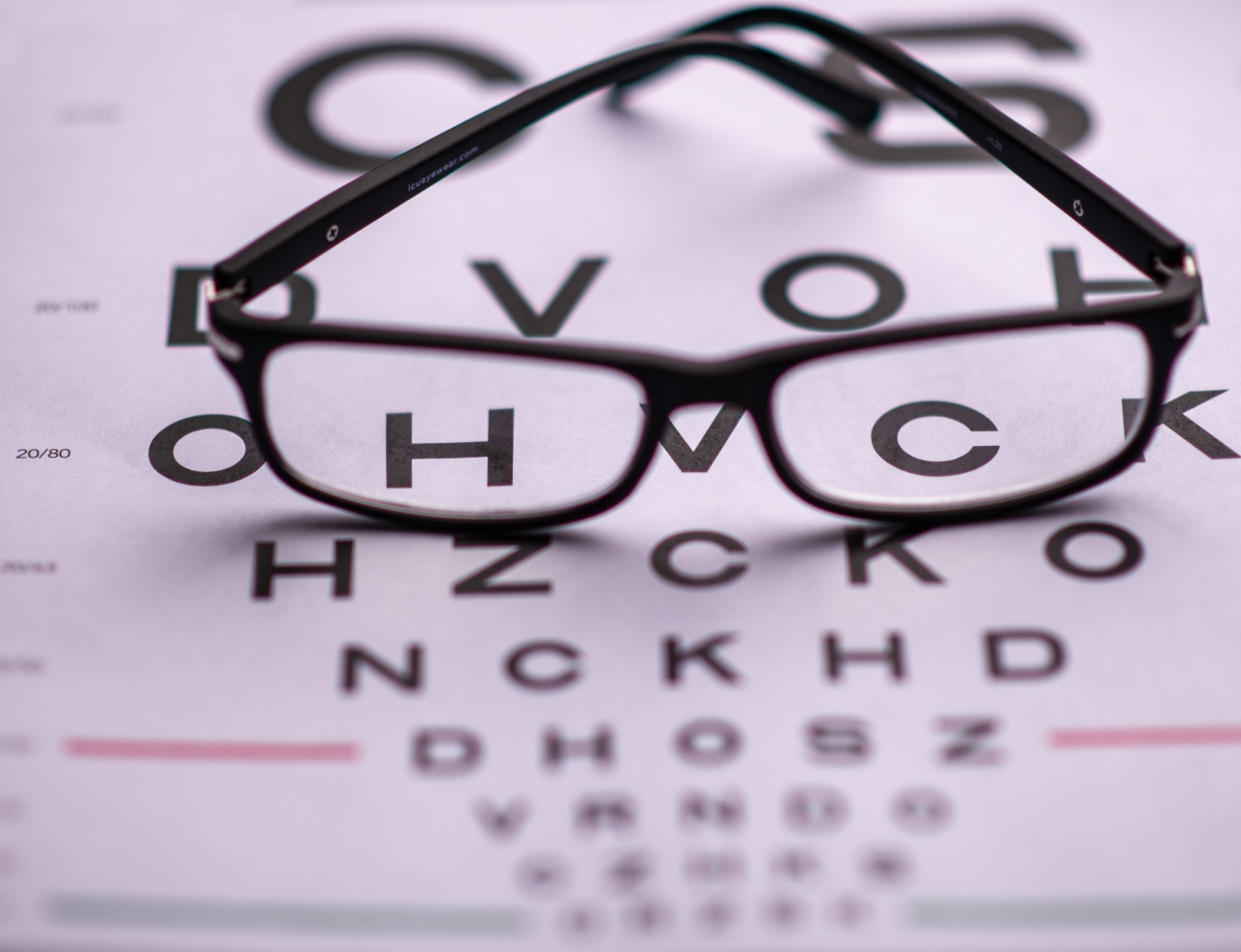Dry eye is a common condition in which the eyes do not produce enough tears, or the tears evaporate too quickly. This can result in a range of symptoms, including redness, irritation, discomfort, and even vision problems.
If you’re experiencing any of these symptoms, it’s important to get a proper diagnosis so you can start treatment. One of the simplest and most effective tests for dry eye is the Schirmer test.
What Is the Schirmer Test?
The Schirmer test is a diagnostic test that measures the volume of tears produced by the eyes. The test involves placing a small strip of blotting paper under the lower eyelid for five minutes.
After five minutes, the strip is removed and the amount of moisture absorbed is measured. This measurement is an indication of the amount of tears that your eyes produce, and can help determine whether or not you have dry eye.
How Is the Schirmer Test Performed?
The Schirmer test is a simple and non-invasive test that can be performed in a doctor’s office or eye clinic. Here are the steps involved:.
Step 1: Preparation
The first step is to prepare the patient for the test. This involves explaining the procedure and making sure the patient is comfortable.
Step 2: Placing the Strip
The next step is to place the small strip of blotting paper under the lower eyelid. The strip is placed in the outer one-third of the lower eyelid, which is the area where tears are produced.
Step 3: Waiting
After the strip is placed, the patient will need to wait for five minutes. During this time, the patient should keep their eyes closed and remain as still as possible.
Step 4: Removing the Strip
After five minutes, the strip is removed and the amount of moisture absorbed is measured. To do this, the strip is assessed and the area of wetness is measured in millimeters.
This measurement is an indication of the volume of tears that the eyes produce.
What Do the Results Mean?
The results of the Schirmer test are interpreted as follows:.
- If the test reveals that the eyes produce less than 10 millimeters of tears in five minutes, this is indicative of dry eye.
- If the test reveals that the eyes produce between 10 and 15 millimeters of tears in five minutes, this is considered borderline.
- If the test reveals that the eyes produce more than 15 millimeters of tears in five minutes, this is considered normal.
If the Schirmer test indicates that you have dry eye, your doctor may perform other diagnostic tests to determine the severity and underlying cause of your condition.
Depending on the cause and severity of your dry eye, your doctor may recommend a range of treatments, including eye drops, medications, lifestyle changes, or surgery.
Conclusion
The Schirmer test is a simple and effective diagnostic test for dry eye. If you are experiencing any symptoms of dry eye, such as redness, irritation, or discomfort, it’s important to get a proper diagnosis so you can start treatment.
Talk to your doctor or eye specialist to see if the Schirmer test is right for you.




























